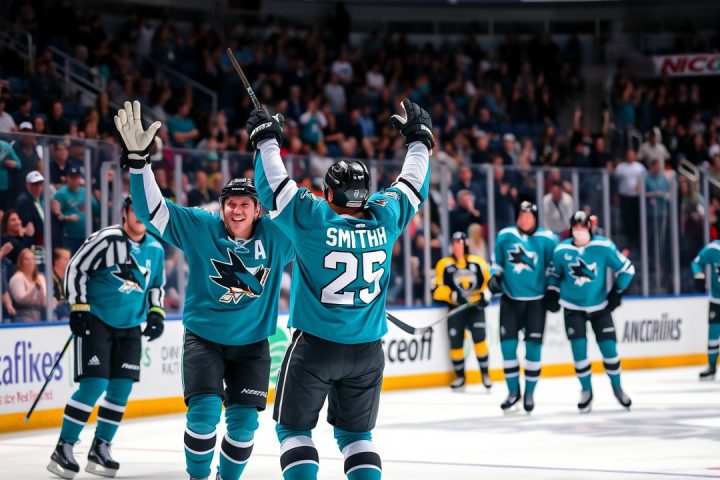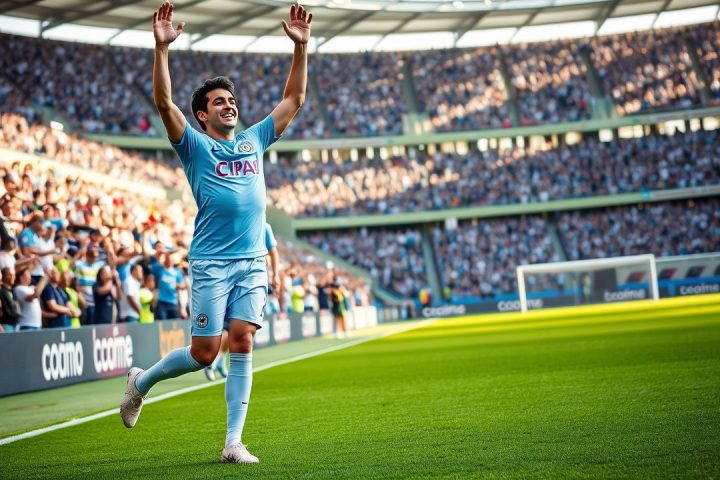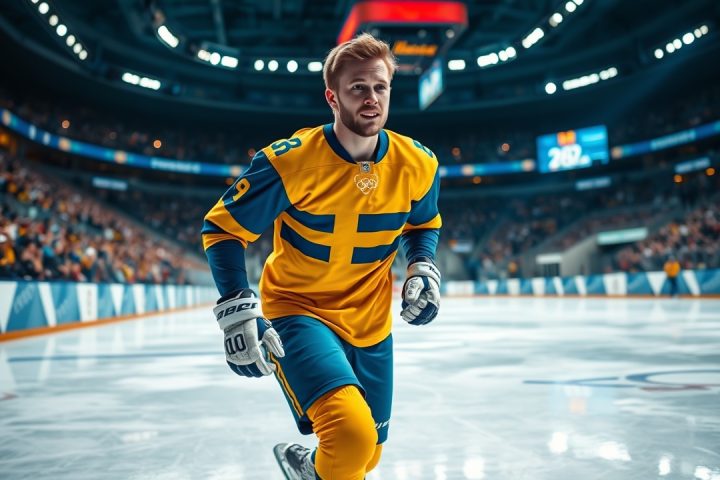Inter Milan’s Season: An Echo of Office Culture in “Severance”
As Inter Milan stepped onto the pitch at Seattle’s Lumen Field, the scene echoed the surreal office culture depicted in the series “Severance”. Just like Mark S’s transformation as he enters the lift to become an ‘Innie’, the team members, who essentially live for football and remain oblivious to the world beyond the sport, found themselves immersed in their hectic footballing life.
Exhaustion of a Demanding Schedule
The Saturday match marked the 61st game of the season for the Italian club, a strenuous milestone that reflects the relentless demand of the football calendar intensified by the incorporation of the Club World Cup. This addition has sparked reflections on critical themes of capitalism and the nature of labor, paralleling the show’s exploration of autonomy and existential purpose. Inter’s situation leads one to question: is playing football merely a game or is it more a form of servitude?
Insights from Alessandro Bastoni
Alessandro Bastoni, a key defender for Inter, recently shared his insights on the demanding lifestyle of a football player during an appearance on the podcast Supernova. He stated,
“The sacrifices we make are not understood if you’re not part of this world. We often find ourselves away from our families due to the exhaustive schedule.”
The Club World Cup has marked the fifth tournament of their season, and players often reflect on this grueling routine similar to having a ‘Severance chip’ implanted in them, symbolizing their deep commitment to the game.
Traditions and Misconceptions
Tradition in Italian football leads Inter to spend nights together at their training facility in Appiano Gentile before matches, ensuring they are prepared and unified, even for home games. Bastoni lamented a common misconception stating,
“People think that because we earn millions, our struggles are invalid. Yet, nothing can replace time away from loved ones, and on average, I’m home just two or three nights a week.”
Challenges After a Crushing Defeat
In the wake of a crushing 5-0 loss to Paris Saint-Germain in the Champions League final, the exhaustion was palpable. Rather than getting a break, players like Bastoni, Nicolo Barella, and Davide Frattesi soon reported for international duty. Days after this defeat, they were off to Norway for a pivotal World Cup qualifier, but the toll of their declining mental and physical health wasn’t reflected in the analysis of Italy’s subsequent 3-0 defeat. Instead of leisure and relaxation to recuperate, they were promptly on a flight to participate in the Club World Cup.
Management Challenges and Coaching Changes
Off the field, the management faced challenges as well. After their unceremonious exit from the Champions League, coach Simone Inzaghi departed, leaving a void in leadership at a time when they were still reeling from their extended season. With other teams actively seeking new coaches, Inter was forced into a cycle of uncertainty, exemplified when their attempts to recruit Cesc Fabregas turned complicated due to his existing stakes in another club. With limited time to react, they hastily appointed Cristian Chivu, a member of their treble-winning squad from 2010, just before their flight to Los Angeles, marking a turn of events.
A New Era Begins
Back in action at the Rose Bowl, Chivu debuted as coach with a squad reminiscent of the previous match. Inter’s season had been an exhausting one, often resembling that of a company worker stuck on a relentless treadmill – the Club World Cup emblem becoming a symbol of their endeavors. They faced challenges in their match against Monterrey, as had been the case against Urawa Red Diamonds, requiring the players to rally and claw their way back to draw and secure crucial victories, helping ease the pressure on Chivu as he innovated tactically while integrating younger players into the fray.
The Ongoing Cycle of Perseverance
As the team gears up for more consecutive matches, they are set to face River Plate, marking their 62nd game of the season. There’s a strange dichotomy at play; while they seek a reprieve from the urgency of back-to-back competitions, the competitive spirit drives them to push forward for further accolades. This dynamic tension bears striking resemblance to the narrative within “Severance”, revealing an ongoing struggle of identity, emotional clash, and the relentless love for the game that challenges their work-life balance. The next episode against River Plate arrives imminently, hinting that this cycle of perseverance is far from over.



